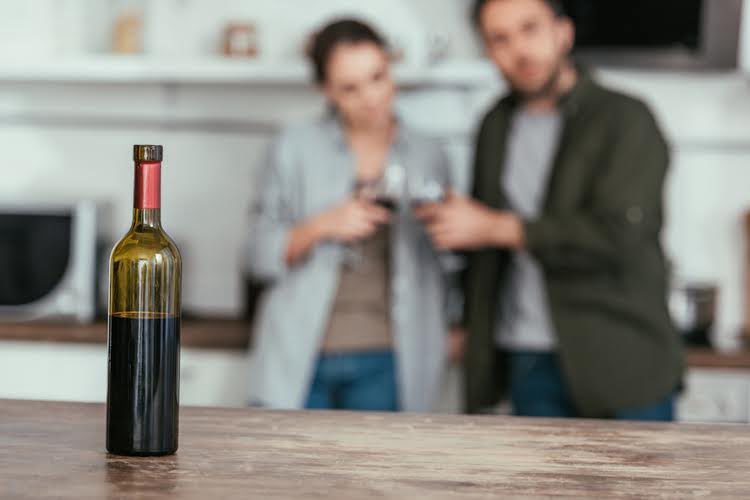The most common triggers for many recovering alcoholics and addicts are hunger, anger, loneliness, and feeling tired. By doing a regular inventory of HALT, one can help prevent the risk of relapse. Substance use may be part of your story, but it doesn’t have to be the rest of it. Sustainable recovery is possible and the best version of yourself is waiting at our Atlanta and Savannah, Georgia addiction recovery centers.
How does cognitive-behavioral therapy (CBT) play a role?
Relapse prevention is a critical component of sustained recovery from substance use disorders. It involves a personalized, comprehensive approach to identifying risks, developing coping strategies, and establishing a support system tailored to individual Sober living house needs. This article explores practical steps, essential components, and evidence-based models for creating an effective relapse prevention plan that serves as a lifelong tool for maintaining sobriety. Integrating mind-body relaxation techniques, like mindfulness meditation and deep breathing exercises, offers additional support in recovery. Mindfulness-based strategies have been shown to enhance self-awareness and reduce cravings, making it easier to navigate the emotional and mental stages of relapse. Practicing mindfulness not only aids in emotional regulation but also helps individuals manage stress effectively, a common trigger for relapse.
- Recognizing triggers early and staying connected helps prevent relapse.
- Family therapy plays a role in relapse prevention by addressing familial dynamics that contribute to substance use.
- Increasing attendance at mutual self-help group (e.g., Alcoholics or Narcotics Anonymous) meetings and boosting other personal support can exert additional positive effects.
- We need you to stick around in recovery and show others that are struggling that a life in addiction recovery is one worth living!
- Contact a treatment provider to learn more about inpatient or outpatient treatment programs to learn more relapse prevention skills and get help today.
What is the role of healthcare teams in relapse prevention?

The growth stage is about developing skills that individuals may have never learned and that predisposed them to addiction 1,2. The repair stage of recovery was about catching up, and the growth stage is about moving forward. Clinical experience has shown that this stage usually starts 3 to 5 years after individuals have stopped using drugs or alcohol and is a lifetime path. When individuals continue to refer to their using days as “fun,” they continue to downplay the negative consequences of addiction. Expectancy theory has shown that when people expect to have fun, they usually do, and when they expect that something will not be fun, it usually isn’t 15.
Identifying Triggers
By cultivating a diverse toolkit https://ecosoberhouse.com/ of healthy coping strategies, individuals build resilience and adaptability, empowering them to navigate the complexities of recovery with confidence and strength. Uncomfortable emotions, such as stress and loneliness, are a part of life, and implementing skills from your relapse prevention plan can help mitigate the impact of these feelings. You may find engaging in mindfulness and relaxation exercises like meditation and box breathing helpful.
- By developing a repertoire of healthy coping mechanisms, individuals can effectively handle the emotional and psychological challenges they encounter during recovery.
- When you think about using, the fantasy is that you’ll be able to control your use this time.

Focus on how much better your life will be once you stop using drugs or alcohol for good. Think about what’s driving you to quit, such as rebuilding damaged relationships, keeping a job, or getting healthy again. We believe everyone deserves access to relapse prevention skills accurate, unbiased information about mental health and recovery. That’s why we have a comprehensive set of treatment providers and don’t charge for inclusion.
